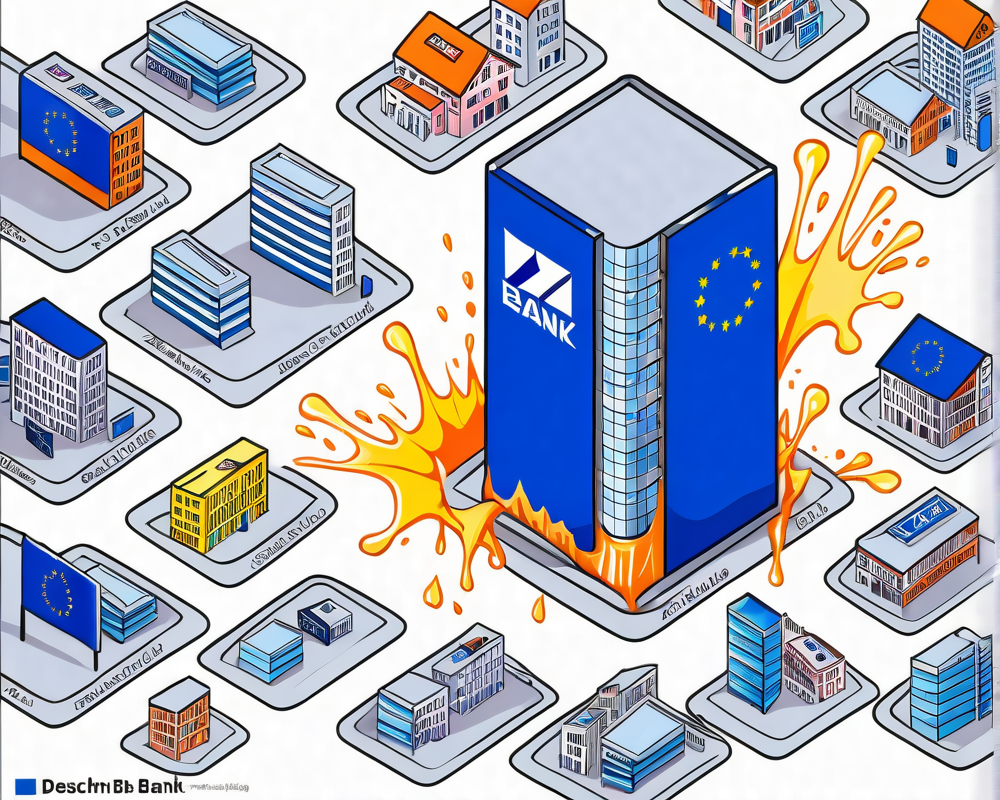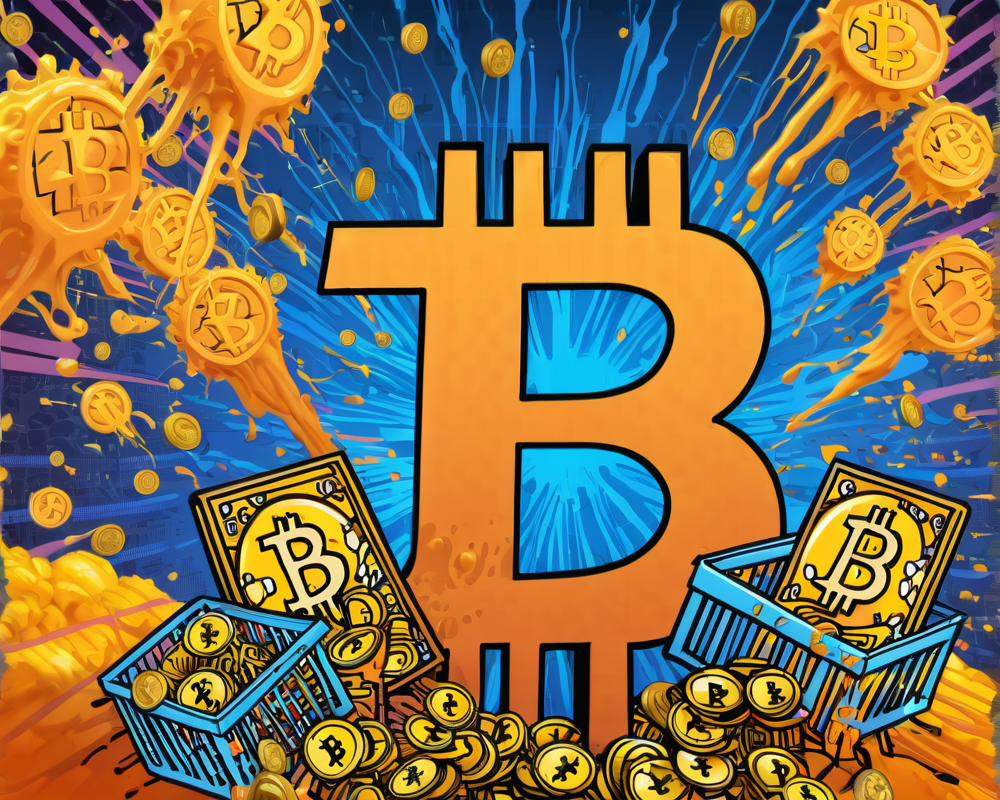Market Turmoil: Deutsche Bank Takes a Hit
As the weekend approaches, the atmosphere surrounding European banks turns murky with anxiety. Deutsche Bank’s shares took a nosedive of over 7% on March 24, a plunge echoed on both the New York Stock Exchange and Frankfurt’s markets. This sudden drop has left many asking what’s next for the already jittery financial landscape.
The Rising Cost of Default Insurance
The primary catalyst for this rollercoaster ride appears to be an increase in the expense associated with insuring against potential default risks. On March 24, the five-year credit default swaps (CDS) for Deutsche skyrocketed by 19 basis points (bps), ending the day at 222 bps. This upward trend wasn’t all that surprising, given that they had already climbed to 173 bps a day earlier from 142 bps. This spike in CDS paints a concerning picture for investors considering their confidence levels in maintaining stability.
What Are Credit Default Swaps?
In case you’re not immersed in the world of finance jargon, credit default swaps are like insurance policies for lenders. They essentially allow investors to trade away their credit risks. During times of uncertainty (like now), the cost for this kind of protection tends to climb, highlighting how much the market fears defaults. It’s a bit like betting against your best friend—you’d want a very nice bonus if your friendship went south.
Rattling the Cage: Other Banks Feeling the Pressure
Deutsche Bank isn’t alone in its turbulence. UBS’s five-year CDS jumped up by 14 bps to nearly 130, barely a week after their acquisition of troubled Credit Suisse in an alarming emergency maneuver. The Swiss National Bank committed to injecting over $100 billion in liquidity, but the ripple effects of such drastic measures remain to be seen. It’s like putting duct tape over a leaky dam—good luck with that!
Digital Resilience: Bitcoin’s Stability Amidst Crisis
While banks are crumbling under pressure, Bitcoin seems to be flexing its muscles, trading around $28,000 and gaining 17% in the past month. This continued strength suggests that cryptocurrencies may be perceived as a more stable asset during bank woes. “Bitcoin has proven to be a decentralized and secure store of value with a limited supply,” noted Danny Oyekan, a voice of reassurance in these choppy waters. Perhaps a digital lifeboat for some investors in this financial tempest.




